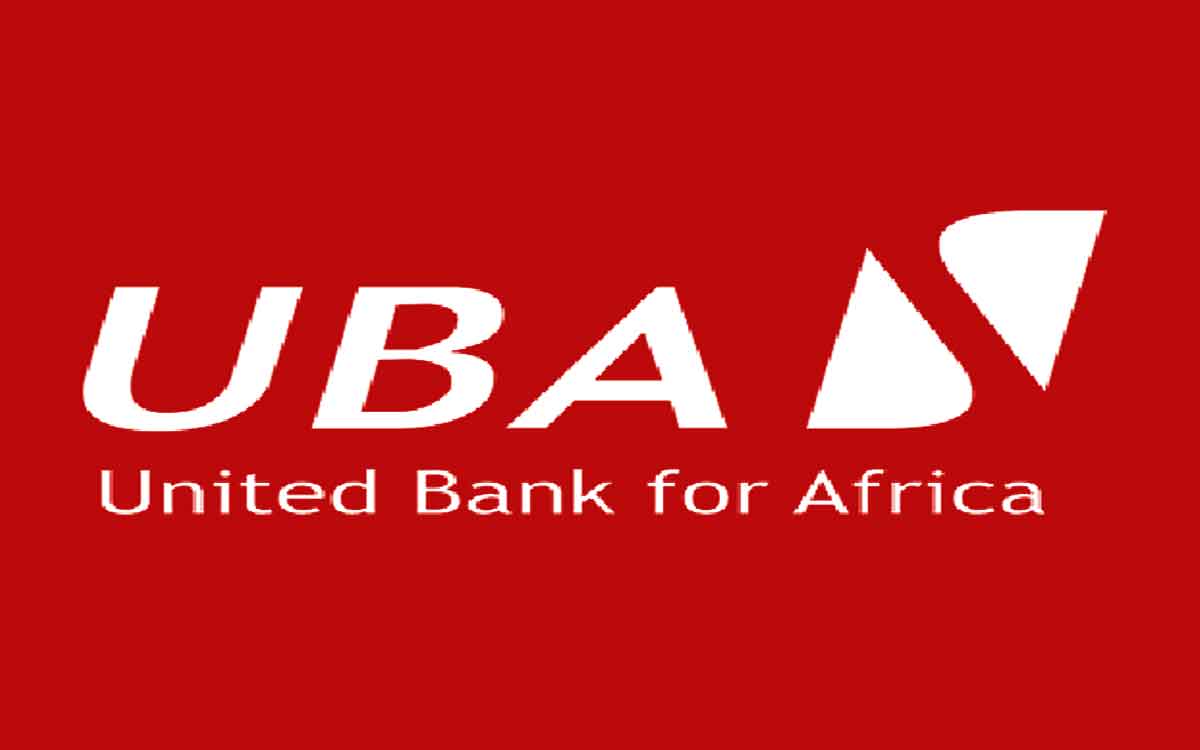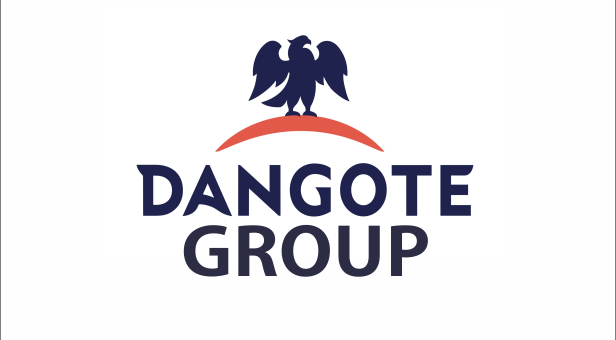Cashless economy: Customers to start paying for huge bank deposits, withdrawals – CBN

…Reduces charges on electronic merchants collection
The Central Bank of Nigeria (CBN) has said starting from September 18, 2019, customers operating bank accounts will begin to pay charges for deposits and withdrawals.
Similarly, the apex bank has also announced a downward review of the Merchant Service Charge (MSC) from 0.75 per cent capped at N1, 200 to 0.50 per cent capped at N1, 000.
It is, however, note worthy that the implementation of the new policy would signal the imposition of charges on deposits in addition to already existing charges on withdrawals.
According to the circular signed by Director, Payments system management Department, CBN, Sam Okojere, noted that the charges would attract three per cent processing fees for withdrawals and two per cent processing fees for lodgments of amounts above N500, 000 for individual accounts.
For corporate accounts, the apex bank in the circular said that Deposit Money Banks (DMBs) would charge five per cent processing fee for withdrawals and three per cent for lodgments of amounts above N3million.
Although, it stated that the charge on deposits would apply in Lagos, Ogun, Kano, Abia, Anambra, and Rivers states as well as the Federal Capital Territory.
To further promote a cashless economy and enhance the collection of applicable government revenues, the CBN also announced a review of the process for merchant settlement by bank customers.
With the review, which takes effect from Tuesday, September 17, the CBN said it gave approval for banks to unbundle merchant settlement amounts and charge applicable taxes and duties on individual transactions as stipulated by regulations.
The nationwide implementation of the cashless policy will take effect from March 31, 2020, it said.
In June, the CBN announced the takeoff of the third and final phase of the cashless policy in 30 states.
The apex bank said that the decision followed the successful completion of Phases 1 and 2 in six pilot states and Abuja.
Phase 1 of the scheme took off in Lagos on January 1, 2012, while additional states, namely Abia, Anambra, Kano, Ogun and Rivers States, as well as Abuja, were involved in Phase 2, which commenced on October 1, 2013.








